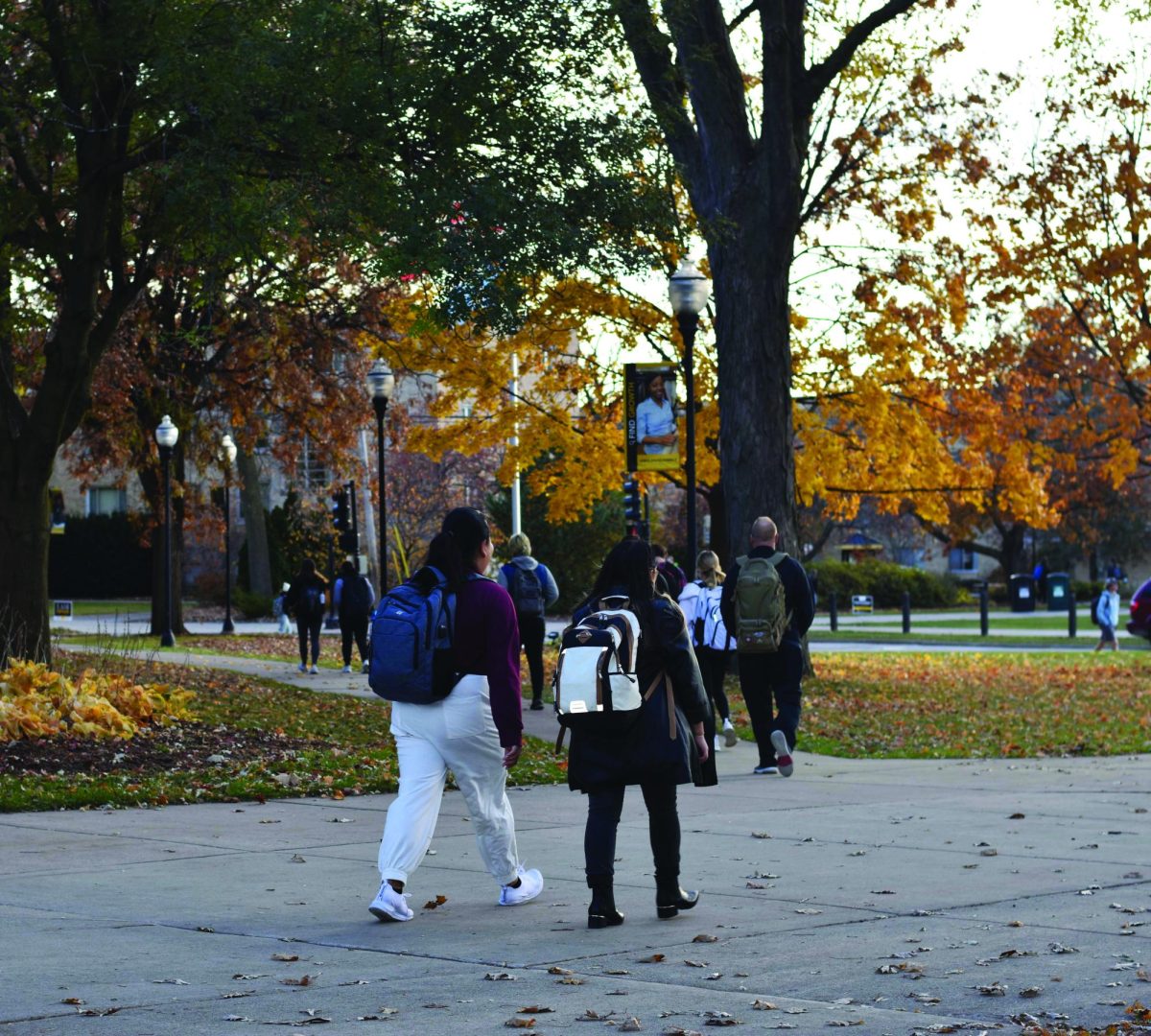If you’ve found yourself having to digress from spilling the ins-and-outs of your entire life to a complete stranger, there happens to be logic behind this feeling. We, as humans, tend to tell strangers more about ourselves than our closest friends know about us.
This may be attributed to the fact that our secrets disappear with the conversation, giving us the ability to vent without the normal retribution from our close friends and family.
It may also be that some strangers have trustworthy eyes that make you want to tell them about your worst first date story that you’ve never told anyone before. Whatever it is about strangers that turns us into a vulnerable spout of truths, there is logic behind it.
“When people overshare, they are often desiring very much to connect with someone,” Carolyn Cole, licensed marriage and family therapist, told Mic website.
It’s human nature to connect with people over moments of weakness rather than moments of triumph. Cole explained the phenomenon of oversharing to actually be a method of connection. Those initial moments of oversharing allow glimpses into this person’s life in hopes to relate with you on some deeper level.
The definition of oversharing lies in those on the receiving end of the information being overshared. There are people who would completely prefer to discuss the impending rain rather than the night you got too drunk at your sister’s wedding and ruined the first dance. However, there are people who would probably one-up your drunken wedding catastrophe with something even worse. What some view as oversharing, others view as connection.
Coming from someone who chronically tells too many details about my life to someone I met standing in line for coffee, I want to make people feel at ease (whether I’m aware of this in the moment or not). I fully don’t expect people to remember what I tell them or even ask my name for that matter; I just like to remind people that conversations with strangers don’t have to be so surface level.
“…we often stick to small talk with strangers because we underestimate how much others are interested in our lives and wrongly believe that deeper conversations will be more awkward and less enjoyable than they actually are,” according to research published by the American Psychological Association.
Nicholas Epley, Ph.D., a professor of behavioral science at the University of Chicago Booth School of Business and co-author of the study published in the Journal of Personality and Social Psychology called the idea of oversharing a “social paradox.”
“If connecting with others in deep and meaningful ways increases well-being, then why aren’t people doing it more often in daily life?” Epley said.
To test his theory that deeper conversations lead to more meaningful and overall more beneficial connections, Epley and his team arranged an experiment that paired over 1,800 participants with one another (complete strangers) and prompted them to discuss shallow and/or deep topics provided by him and his team.
The questions ranged from the shallow end of the spectrum such as comparing what television show your partner is binge watching to the deeper side of things like the last time your partner cried in front of another person.
Prior to their conversations, participants were asked to predict the outcome of them. They were asked to predict the awkwardness of it and say whether or not they were likely to enjoy it when all was said and done.
“Overall, the researchers found that both deep and shallow conversations felt less awkward and led to greater feelings of connectedness and enjoyment than the participants had expected. That effect tended to be stronger for deep conversations,” reported the American Psychological Association (APA).
So, now the question stands; why is it if these deeper conversations were significantly more gratifying we continue to suppress ourselves by defaulting to talking about the results of the football game last night? I think sometimes we forget that as humans we share similar thoughts; experiences; emotions. Someone – somewhere — is bound to understand (and may even relate to) you.
“People seemed to imagine that revealing something meaningful or important about themselves in conversation would be met with blank stares and silence, only to find this wasn’t true in the actual conversation,” Epley said. “Human beings are deeply social and tend to reciprocate in conversation. If you share something meaningful and important, you are likely to get something meaningful and important exchanged in return, leading to a considerably better conversation.”
I’ve met some extraordinary people by accident. It is those interactions that – quite frankly – I remember the most. I once met a woman in an airport terminal who talked to me for the duration of our time spent waiting for the plane to arrive. The notches of her fingers were decorated with chunky turquoise rings and she was suited head-to-toe in all black. From her sheer tights to the thick, brimmed glasses on her nose.
She complimented my camera and I learned that her favorite photographer was Diane Arbus. It was more than two strangers sharing uncomfortable silence and a charging port at an airport. Her name was Jude and she had stage 4 terminal cancer. She was headed for southern sunshine and family.
Even though we shared a conversation no longer than an hour, I’ll always remember her. I think Jude is an example of human connection in its purest most raw form. Don’t be afraid to overshare and/or listen to someone overshare; it’s a desire to connect.






